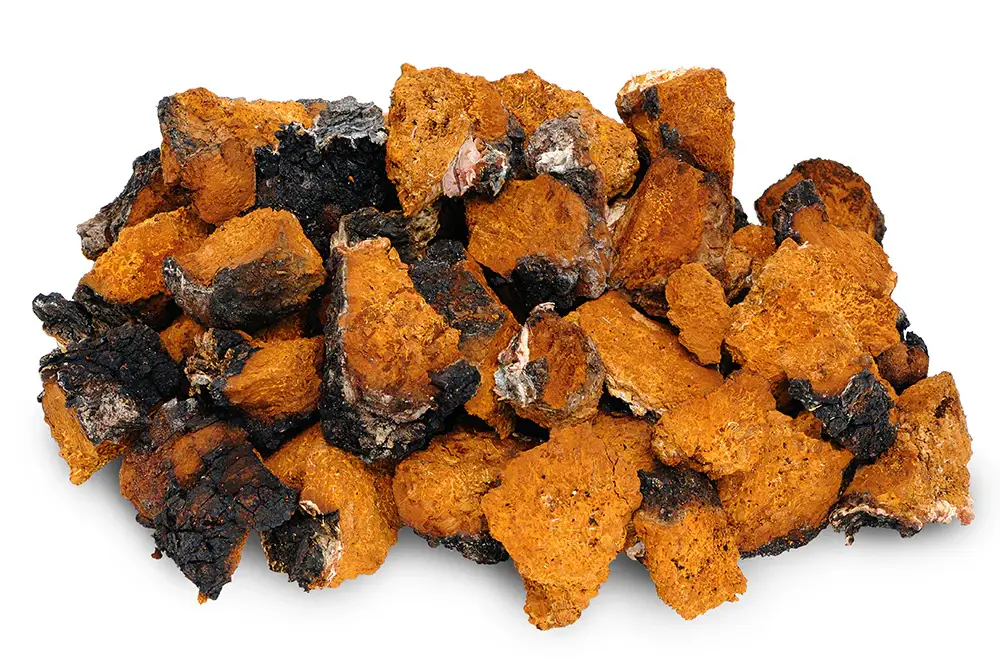This posting is part of Coupang Partners activity, and I receive a certain amount of commission accordingly.
When people think of honeycombs and beeswax, many first imagine yellow or amber hues. However, there’s another substance produced by bees: propolis. This resinous material is used by bees to seal small gaps and cracks in the hive. In contrast, beeswax is used to fill larger spaces.
Propolis is created when bees collect resin from trees and mix it with a small amount of honey. Like beeswax, it is known to have various beneficial properties, and researchers are exploring its potential uses in a range of treatments.
Since ancient times, propolis has been used to treat boils and minor wounds. Bees use it to protect their hives, guarding against microorganisms and fungi. Recent studies have shown that propolis has powerful effects in suppressing various pathogens, and ongoing research continues to confirm its benefits.

Nutritional Information
Raw propolis is composed of approximately 50% resin, 30% beeswax, 10% essential oils, 5% pollen, and 5% various organic compounds.
What’s especially noteworthy is that it contains many beneficial components for the human body. These include amino acids, a variety of minerals, vitamins A, B, and E, flavonoids, and even antibiotic substances.
Propolis Benefits
Propolis offers a variety of beneficial effects. It may help prevent infections, aid in burn treatment, support dental care, and boost the immune system. For more detailed benefits, please refer to the information below.
Helps Prevent Infections
Researchers have long studied the effects of propolis on harmful microorganisms. As a result, it has been discovered that propolis has strong antibacterial properties. While the composition may vary depending on the region, the protective function remains the same. These effects stem from the flavonoid components.
Acts as a Natural Antibiotic
In the medical field, antibiotic resistance is becoming an increasingly serious issue. Some experts point out that antibiotics are being overused. When taking antibiotics, it is generally recommended to also take probiotics to maintain beneficial bacteria in the gut. Studies show that propolis contains powerful antibacterial components, and in particular, isoliquiritigenin has been found to be effective against various bacteria, including Staphylococcus aureus.
Effective for Treating Burns
In a study, an experiment was conducted where propolis was applied instead of the commonly used ointments for treating mild burns. The results showed that propolis was indeed effective, and researchers evaluated that it could provide a higher treatment effect than standard burn remedies.
Helps Treat Ear Infections
Otitis media is an infectious disease that affects many children every year and can also impact adults. In severe cases, it may lead to temporary hearing loss. Studies have shown that a component in propolis called caffeic acid phenethyl ester has been found to be effective in treating such ear infections.
Helps Boost Immunity
Candida albicans is a yeast that primarily affects the oral and genital areas. Researchers have conducted various experiments to find effective treatments to inhibit this fungus, and in the process, they investigated the potential of propolis. The results showed that propolis not only prevents the growth of Candida but also plays a role in promoting the immune response to infections.
Helps with Nail Fungal Infections
Researchers have investigated whether propolis is effective in treating nail fungal infections, and the results revealed that it shows a broader range of efficacy compared to traditional treatments. Some treatments may not be sufficiently effective against certain fungi, but propolis helps overcome these limitations.
Effective in Treating Female Genital Herpes
Propolis has been shown to be more effective than other treatments for female genital herpes. It has also been found to help prevent the worsening of herpes infections. As mentioned earlier, propolis also has the effect of inhibiting genital Candida infections.
Beneficial for Dental Care
For decades, numerous studies have been conducted on the relationship between oral health and overall physical health. It is clear that proper dental care is an important factor in maintaining a vibrant life. However, with growing distrust of fluoride, there is increasing interest in natural dental treatments. According to research, propolis has been shown to be effective in improving oral health and performs excellently as a natural alternative to fluoride.
Helps with Blood Sugar Control
Millions of adults and children suffer from diabetes. This condition is usually a serious disease that requires lifelong management with insulin injections and medications. According to research, propolis has the ability to inhibit enzymes that increase blood sugar levels. The antioxidant components found in propolis appear to play an important role in maintaining stable blood sugar levels.
Has Anti-Cancer Effects
It is said that ancient Assyrians used propolis with salt to inhibit tumor growth. Recent studies have found scientific evidence to support this. It has been discovered that compounds in propolis, known as caffeic acid phenethyl ester, play a role in inhibiting the growth of cancer cells in uterine and prostate cancers.
Helps Relieve High Blood Pressure
Nitric oxide plays an important role in heart health. The endothelial cells in blood vessels use nitric oxide to signal the surrounding smooth muscle to expand the vessels and increase blood flow. A decrease in nitric oxide utilization can lead to high blood pressure. If there is a lack of nitric oxide, it can trigger a heart attack. According to research, propolis has been shown to lower blood pressure by reducing the levels of tyrosine hydroxylase, an enzyme that limits nitric oxide production. Animal studies have also confirmed that propolis reduces tyrosine hydroxylase levels and lowers blood pressure. It is an option worth considering if you suffer from high blood pressure.
Helps with Bone Health
Propolis has beneficial properties that help maintain healthy bone tissue. Recent studies have investigated whether caffeic acid phenethyl ester, a powerful component found in propolis, can prevent or treat bone-resorptive diseases. The research found that this compound is effective in reducing inflammation that causes bone diseases, and it was concluded that propolis can aid in the treatment of bone conditions like osteoporosis. If you have a family history of reduced bone density or osteoporosis, considering daily consumption might be beneficial.
Effective for Treating Food Poisoning
Recent studies have investigated the antibacterial effects of propolis against the major bacteria that cause food poisoning. The results revealed that propolis inhibits the growth of these food poisoning bacteria. Additionally, it has been confirmed that propolis can be used as a treatment even when antibiotics are ineffective. Carrying a small bottle of propolis tincture in your bag and using it when uncomfortable symptoms appear after a meal may be helpful.
Effective for Bronchitis and Gastritis
Propolis is rich in powerful antioxidant components. These ingredients help reduce inflammation, repair cells, and support overall health. Adding a few drops to water and drinking it can provide beneficial effects.
In addition to these benefits, propolis has many other uses. It is effective in alleviating symptoms of rhinitis and eliminating bad breath. Moreover, like the skincare products that contain propolis, it also promotes skin health. With its antibacterial properties that prevent bacterial infections and antioxidant components that prevent aging, you will likely notice its benefits when using it directly.
How to Take Propolis
- Products available in the market typically come in capsule, spray, or tincture form.
- Choose a reliable product and always follow the instructions on the label.
- For tinctures, drop a few drops into water and dilute it before drinking.
- If you purchase a spray product, spray it into your mouth as needed.
Side Effects and Precautions
Propolis is primarily sold in capsule form and as a liquid mixed with alcohol, and some natural toothpastes contain propolis instead of fluoride. While many people use it safely as a dietary supplement, some individuals may experience allergic reactions. The safest approach is to test a small amount under the guidance of a doctor before use. Extra caution is needed, especially for those with allergies.



Leave a Comment